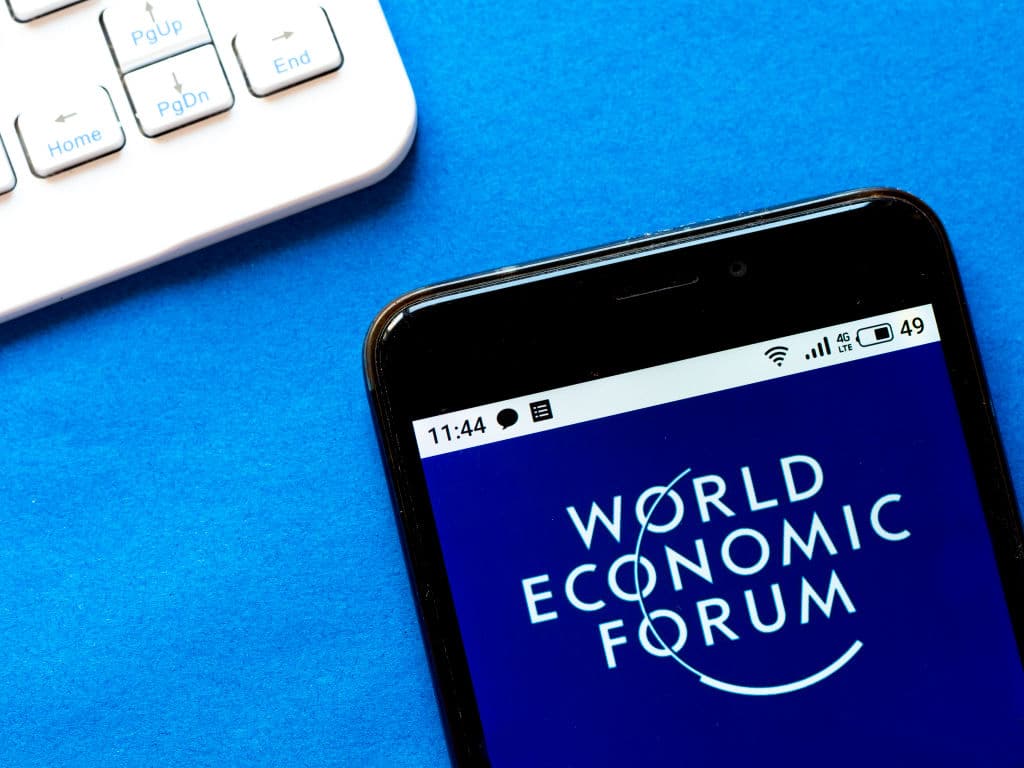
The coronavirus is threatening the ability of the world to fight climate change after it worsened economic inequality and destabilized existing geopolitical structures, the World Economic Forum (WEF) says.
WEF’s Global Risks Report 2021 published today says the Covid-19 pandemic is increasing disparities and social fragmentation and will threaten the global economy.
“The pandemic has not only claimed millions of lives, but it also widened long-standing health, economic and digital disparities,” the Geneva-based organization said in the report which also cited economic, environmental, and societal risks as looming dangers.
The novel virus has killed more 2 million people globally since its outbreak in China’s Wuhan city last year. In Africa, the African Union’s Africa Centres for Disease Control says 3.3 million people have been infected while more than 80,000 have died.
“Environmental risks dominate by impact and likelihood, looking ahead towards the next decade. Societal fractures, uncertainty and anxiety will make it more difficult to achieve the coordination needed to address the planet’s continued degradation,” WEF said.
World Economic Forum Managing Director Saadia Zahidi says as governments, businesses and societies begin to emerge from the pandemic, they must urgently shape new economic and social systems that improve a collective resilience and capacity to respond to shocks while reducing inequality, improving health and protecting the planet.
“We know how difficult it is for governments, business and other stakeholders to address such long-term risks, but the lesson here is for all of us to recognize that ignoring them doesn’t make them less likely to happen.”
She says WEF reports have been warning the world about the dangers of pandemics for the last 15 years and it only became a reality in 2020.
Social Value Committee President Lee Hyung-hee says the pandemic in 2020 was a stress-test that shook the foundations of economies and societies worldwide.
“Rebuilding resilience to systemic shocks will require significant funding, international cooperation and greater social cohesion. Resilience will also hinge on the continued growth in connectivity worldwide, as we know that economies that digitized early performed relatively better in 2020.”
Head of Global Risk and Geopolitical Agenda at WEF, Emilio Granados Franco told CNBC Africa that globally, the pandemic has tested the political systems, governments’ capacity, supply chain resilience, cultures and geographies.
“The important objective now is to draw lessons from how different countries responded to the challenges.”

